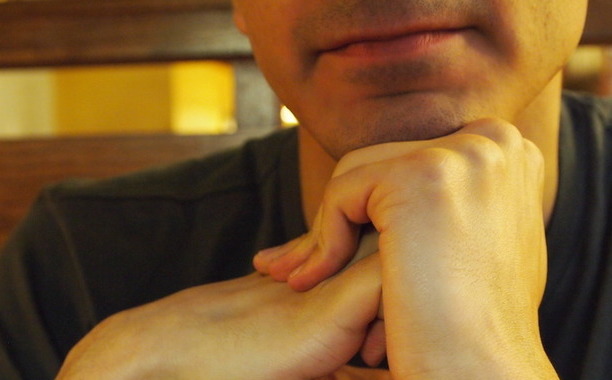A recent study’s findings indicate that cracking sounds which occur when you, for instance, crack your knuckles, are associated with the rapid creation of a gas-filled cavity within the synovial fluid of our joints.
Studies have shown that cracking your knuckles does not inflict any harm upon humans. On the contrary, it is actually a sign of very healthy joints, according to the Daily Mail.
The theory comes from Canadian researchers who used MRI scanners to peer deep inside the fingers and record just what happens when knuckles are cracked. The study revealed that the sound we hear comes from creating a cavity or a bubble, within the synovial fluid that bathes inside the joints.
[quote text_size=”small” author=”– Greg Kawchuk” author_title=”Professor at the University of Alberta and lead author of the study”]
We call it the “pull my finger study”. When you do that, you can see very clearly what is happening inside the joints. It is a bit like forming a vacuum. As the joint surfaces suddenly separate, there is no more fluid available to fill the increasing joint volume, so a cavity is formed and that event is what is associated with the sound.
[/quote]
According to Discovery News, Kawchuk plans to use even more advanced MRI technology to uncover what happens to the joint after it pops, and how could this affect the individual over time.
Previous studies have shown that between 25 and 54 percent of us crack our knuckles, with men doing it more than women. Despite the common wisdom that cracking your knuckles can lead to arthritis, previous studies have failed to prove this.
However, in an unrelated study, researchers from the Washington University School of Medicine in St. Louis found that Chikungunya virus shows similar symptoms to rheumatoid arthritis, that could possibly lead to inaccurate diagnosis and treatment.
























